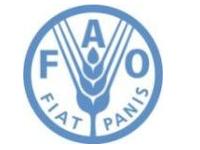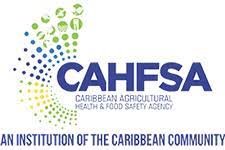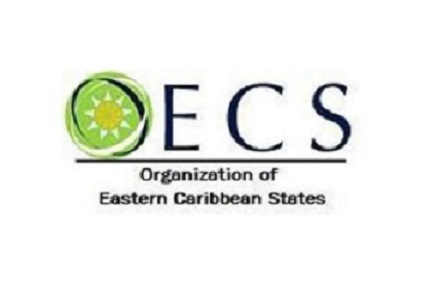Date:
May 15th – 18th, 2017
Location:
Ministry’s Crop Protection Conference Room – Centeno, Trinidad
Background
The effective communication of pest-risk information to all stakeholders – including our regional and international contemporaries – is vital if we are to engender pest-free trade. Such was the learning behind a series of group exercises which signaled the close of a four (4)-day Pest Risk Analysis (PRA) Sensitization Workshop hosted by the Ministry of Agriculture, Land and Fisheries in collaboration with United States Department of Agriculture, Animal and Plant Health Inspection Services (USDA-APHIS), from May 15-18, 2017. The training was facilitated by PRA expert and representative of the Caribbean Agricultural Health and Food Safety Agency (CAFSA), Ms. Juliet Goldsmith.
In summing up the workshop’s activities, Deputy Director of the Ministry of Agriculture, Land and Fisheries’ Research Division, Ms. Deanne Ramroop, described the sessions as “welcoming, enjoyable, participatory and interactive” as she reminded participants of the responsibility they had both individually and collectively, to build the capacity of staff in the conduct of PRAs “from initiation to completion.”
According to Ms. Ramroop, a total of sixteen (16) representatives from the Ministry’s Crop Protection Sub-Division benefitted from the exercise and consisted of specialist officers, pathologists, entomologists and agricultural officers. These personnel, she said, were collectively charged with the responsibility of conducting pest risk analyses. A pest risk analysis is done to determine the risk of importing a particular commodity into the country. Ms. Ramroop explained: “The risks associated with importing each commodity must be done in order to determine what conditions can be imposed to mitigate those risks or restrict the importation of that commodity altogether, depending on the severity of those risks.”
Representative of the United States Department of Agriculture (USDA), Mr. Wayne De Chi, said he was “immensely proud of the level of interest and participation witnessed during the course of this training” and alluded to a practical assignment post-training which he challenged all participants to complete by August, 2017, when Ms. Goldsmith – currently resident in Suriname – is expected to return to Trinidad. He said: “I will like to propose that you (trainees) look at your current list of pending PRAs, assign yourselves to one and work thoroughly towards completing same in the next couple months.”
Mr. De Chi’s recommendation was met favourably by Ms. Ramroop who said she looked forward to having each of the participants “conduct an individual pest risk analysis on a particular commodity, originating from a particular country with a specific end use.” She said: “In this way we will be able to ensure that the concepts shared during this four (4)-day training were truly grasped.”
Agricultural Officer I in the Ministry of Agriculture, Land and Fisheries, Mr. Jeet Ramjattan, leads his group’s presentation on effective pest-risk communication during the final training exercise of the Pest Risk Analysis (PRA) Sensitization Workshop on Thursday 18th May, 2017, at the Ministry’s Crop Protection Conference Room in Centeno.
Entomologist (Ag.) in the Ministry of Agriculture, Land and Fisheries, Ms. Teresa Rosemond, receives her certificate of participation from lead facilitator and expert, Ms. Juliet Goldsmith, at the close of the Pest Risk Analysis (PRA) Sensitization Workshop on Thursday 18th May, 2017.
Agricultural Officer I in the Ministry of Agriculture, Land and Fisheries, Ms. Nazia Alishan, receives her certificate of participation from United States Department of Agriculture (USDA) representative, Mr. Wayne De Chi, at the close of the Pest Risk Analysis (PRA) Sensitization Workshop on Thursday 18th May, 2017.
Deputy Director of the Ministry of Agriculture, Land and Fisheries’ Research Division, Ms. Deanne Ramroop, addressing participants at the close of the Pest Risk Analysis (PRA) Sensitization Workshop on Thursday 18th May, 2017.

















